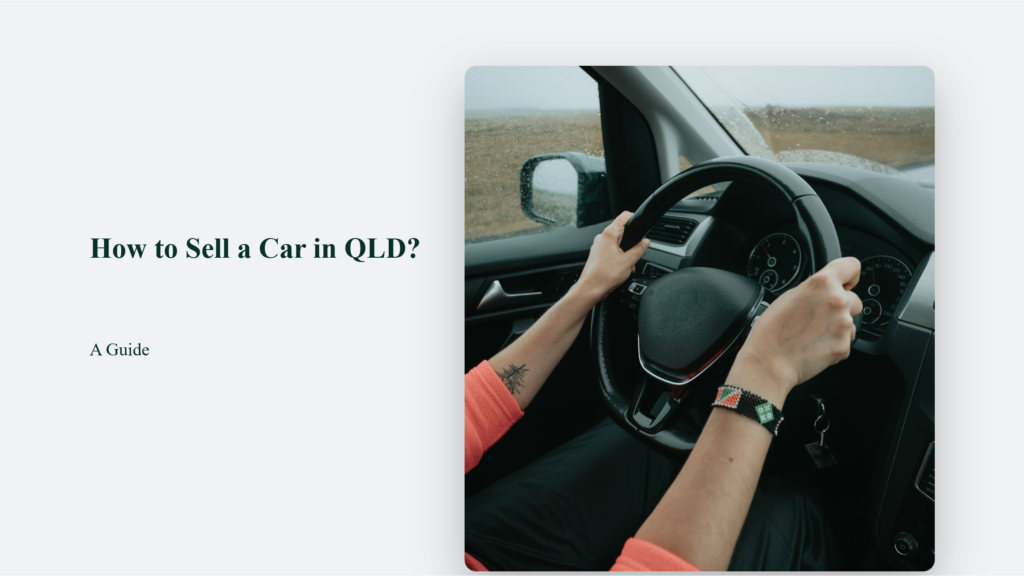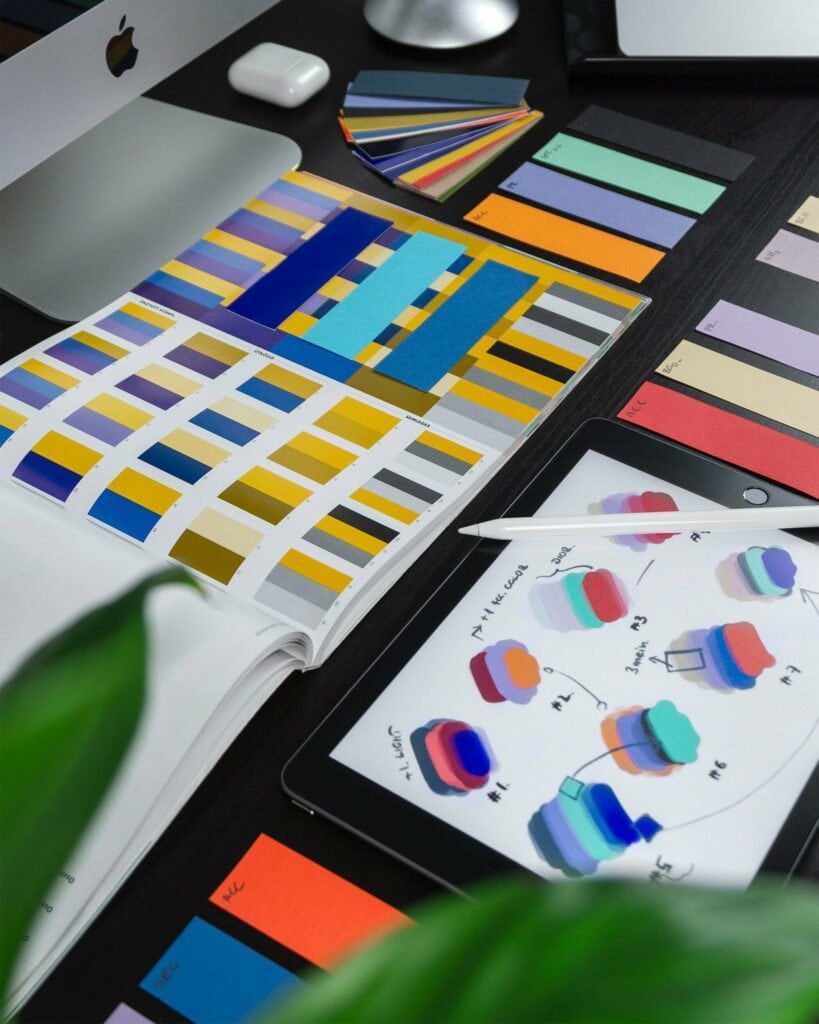Selling a car in Queensland (QLD) involves legal requirements, marketing strategies, and negotiation skills. Embarking on this journey can feel like navigating through a dense jungle of regulations, but with the right map, it’s an adventure that can lead to a rewarding destination. Let’s dive into the essentials of how to sell a car in QLD for a smooth and successful journey.

How to Sell a Car in QLD:
The Roadworthy Certificate: Your First Milestone
Selling a registered car in Queensland requires obtaining a Roadworthy Certificate (RWC), also known as a safety certificate. This certificate serves as a declaration that your vehicle is in a condition safe enough for use on public roads. It assesses several key safety aspects of your vehicle, including the tyres, brakes, steering, suspension, body for rust or damage, windscreen, and lights. These checks are designed to ensure that the car meets the minimum safety standards mandated by law.
The RWC is issued following an Approved Inspection Station (AIS) inspection. The certificate’s validity in Queensland varies depending on who is selling the vehicle. For private sellers, the certificate is valid for 2 months or 2,000 km, whichever comes first from the date of issue. For licensed motor dealers, the validity extends to 3 months or 1,000 km, depending on which threshold is reached first.
This system is in place to ensure that all vehicles sold, transferred, or re-registered meet basic safety requirements, thereby protecting buyers and maintaining road safety standards.
This certification process is a critical step in car-selling, ensuring that all vehicles on the road are safe to drive, which helps reduce accidents and injuries related to vehicle faults. The requirement for a safety certificate underscores Queensland’s importance on road safety and sellers’ responsibility to ensure their vehicles are roadworthy before sale.
For the most accurate and updated information regarding the RWC, including how to obtain one, fees, and detailed requirements, it’s recommended to visit the official Queensland Government Transport and Main Roads website or contact an Approved Inspection Station directly.
Legalities and Paperwork: Crossing the T’s and Dotting the I’s
In Queensland, the sale of a car involves a meticulous process to ensure the legality and security of the transaction for both the seller and the buyer. The legal framework is designed to facilitate a smooth transfer of ownership, protect consumers, and ensure that vehicles on the road meet safety standards.
Here’s a breakdown of the key legalities and paperwork involved in selling a car in QLD, drawing on information from multiple sources.
Safety Certificate Requirement
QLD law mandates the provision of a current safety certificate at the time of sale for registered vehicles. This certificate, also known as a Roadworthy Certificate (RWC), verifies that the vehicle meets minimum safety standards. The inspection covers various car components, including tyres, brakes, steering, suspension, body rust or damage, windscreen, and lights.
Selling a Registered Car
When selling a registered car, the seller is responsible for obtaining the RWC from an Approved Inspection Station (AIS) before the sale. The certificate must be displayed on the vehicle if it’s a hard copy or made available if it’s issued electronically. This certificate is critical for transferring registration to the buyer’s name.
Selling an Unregistered Car
Selling an unregistered car requires less formal documentation concerning roadworthiness. However, providing a detailed receipt or contract of sale is crucial. This document should include the vehicle identification number (VIN), chassis number or engine number, the vehicle’s make and model, and the sale date. This paperwork acts as proof of transaction and is necessary for the buyer to register the vehicle in their name.
Documentation for Transfer of Ownership
Regardless of the car’s registration status, certain documents facilitate the official transfer of ownership. These include:
- If applicable, a completed transfer of registration form must be submitted to the Department of Transport and Main Roads.
- A written sales contract or receipt detailing the sale terms, vehicle details, and the identities of the buyer and seller.
Protecting Both Parties
The documentation required for selling a car in QLD is designed to protect both the seller and the buyer. It ensures the buyer is aware of the vehicle’s condition and legal status and provides a record that can be used in disputes. Sellers are advised to keep copies of all documents related to the sale.
Practical Tips
- Ensure the RWC is valid at the time of sale for registered vehicles.
- Accurately describe the vehicle’s condition in the sale receipt or contract.
- Retain copies of all sale documents for personal records.
By adhering to these legal requirements and preparing the necessary paperwork, sellers can ensure a lawful and smooth transaction, while buyers receive assurance about the vehicle’s roadworthiness and legal status. This process helps maintain the integrity and safety of the automotive market in Queensland, contributing to the overall well-being of the public and the individual satisfaction of both parties involved in the sale.

Marketing Your Vehicle: The Art of Attraction
Creating an effective sales advertisement is crucial. Whether online or in print, your ad should include essential details like make, model, condition, mileage, and asking price. High-quality photos showcasing the car’s interior and exterior can significantly increase interest. Remember, a well-crafted ad attracts potential buyers and sets the stage for a smoother sale process.
Negotiation: The Dance of the Deal
Understanding the value of your car is pivotal when entering negotiations. Setting a fair yet flexible asking price can draw in serious buyers. Be prepared to discuss the car’s condition transparently, using any identified issues as potential bargaining points. However, knowing your bottom line will help you navigate negotiations confidently and ensure you don’t settle for less than your car’s worth.
Finalizing the Sale: The Handover
Once a deal is agreed upon, it is advisable to document the transaction through a written agreement outlining all pertinent details of the sale. When receiving payment, options like electronic transfer or cash are preferred to mitigate risks associated with non-cash payment methods. After the sale, providing the buyer with all necessary paperwork, including the RWC and any service records, completes the transfer process.
Embarking on your car’s sale in QLD can be a journey filled with anticipation and success. By adhering to the outlined steps and preparing thoroughly, you can navigate the process confidently and easily, leading to a rewarding sale experience for you and the buyer.
Frequently Asked Questions:
Do I need a Roadworthy Certificate to sell my car in QLD?
Yes, a current RWC is required when selling a registered vehicle in QLD.
Can I sell my car without a RWC in QLD?
Selling a registered car without a RWC is not permissible. However, unregistered cars can be sold without one, but specific paperwork is needed to document the sale.
What paperwork is required to sell a car in QLD?
Necessary documents include a current RWC, a completed transfer of registration form, and a detailed receipt of the sale.




